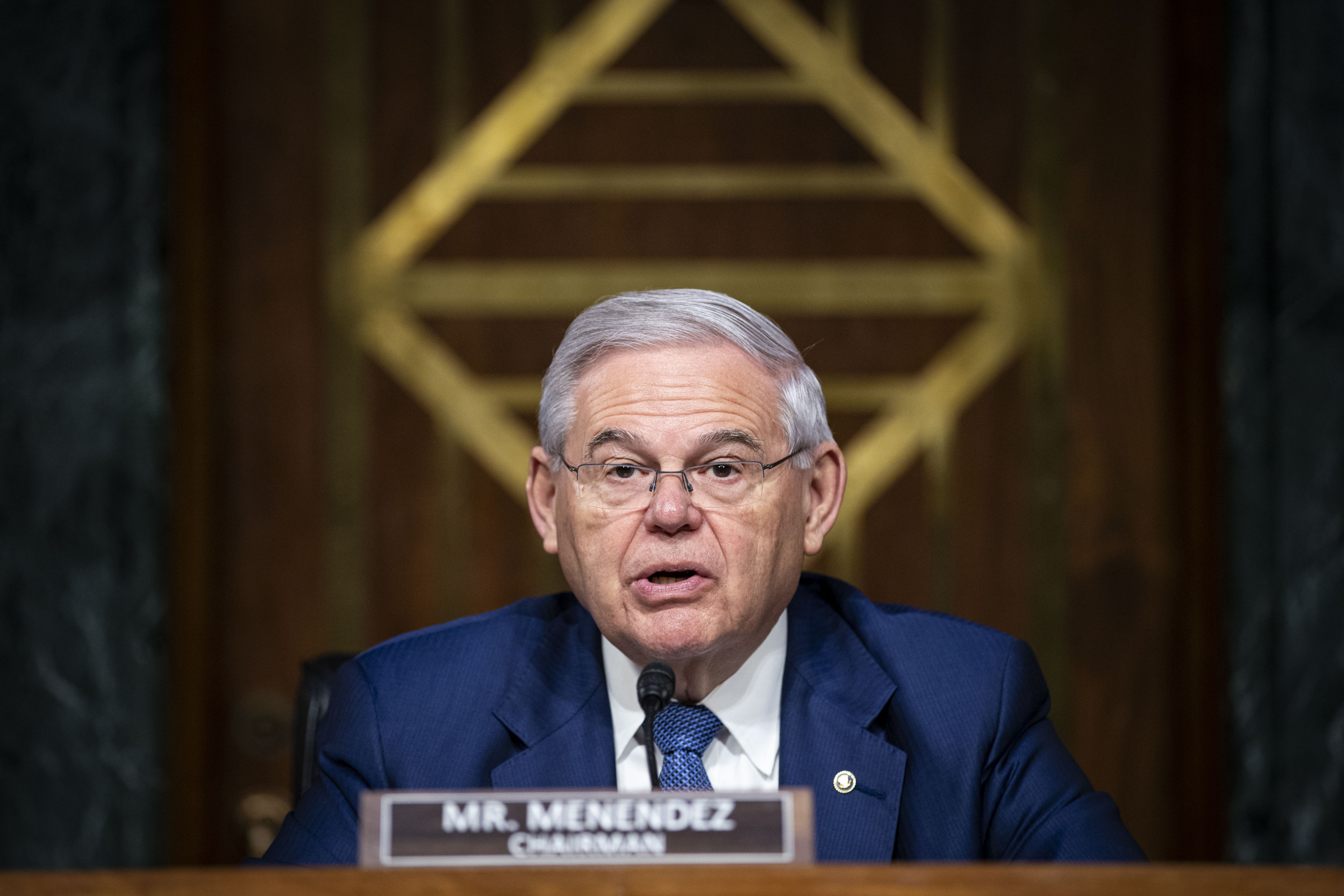The U.S. Fish and Wildlife Service recently released a rule that will make it harder to import elephant hunting trophies from African countries that can't prove they're adequately protecting the animals.
The ugly truth is that we're at serious risk of witnessing the extinction of these magnificent animals—potentially within our lifetimes.
Only around 415,000 elephants remain on the entire African continent, compared to about 26 million at the end of the 18th century. Poaching is on the rise in some regions formerly thought to be strongholds for the species — at least 60 elephants were likely poached in northern Botswana alone in recent months.

Most of us react to this news with horror. But a few folks hear these statistics and rush to plan an African hunting trip so they can gun down an elephant and bring home its mounted head or stuffed legs before the animals disappear forever.
Trophy hunters of this type just killed three huge, mature male elephants—known as tuskers—on the Tanzania-Kenya border, no doubt for the long tusks the animals had been growing for a lifetime. And a fourth such hunt could be underway. These particular elephants were important population members and were also participants in a long-term research project in Kenya's Amboseli National Park.
Conservationists are asking Tanzania to reinstate an expired agreement that banned hunting of elephants from this population, since trophy hunting is not permitted in Kenya.
A lot of elephant trophy hunters are U.S. citizens, and the United States imports more mammal trophies than any other country in the world, by far—more than 10 times the number of the second-highest importer. We're a huge part of this problem, and we have a responsibility to set a strong example.
Elephants in Africa are listed as threatened under the U.S. Endangered Species Act, which means the federal government can control trophy imports.
Our government's new rule ratcheting down those imports is a step in the right direction, but it doesn't go far enough. Bowing to trophy interests, the final rule walked back a requirement that elephant populations be stable or increasing for trade to be permitted. Instead, the regulation allows trade under a looser "biologically sustainable" threshold. And the final rule delays a requirement for range countries to strengthen national legislation, giving them until 2026. This means Botswana, Mozambique and Zambia have more time to join the other major exporters such as Zimbabwe, Tanzania and Namibia that already have compliant legislation.
Why condone such a colonial holdover at all? The United States could ban all trade in threatened and endangered species hunting trophies, including of elephants, through regulatory changes. The language of the Endangered Species Act doesn't specifically allow killing for conservation. We need to learn to coexist with the species sharing our planet, not seek to possess them and reduce them to décor.
African savanna elephants are endangered, and forest elephants are critically endangered, according to the International Union for Conservation of Nature, the world's leading authority on biodiversity threats.
Poaching and habitat loss are the major reasons they're suffering, but these animals face myriad other threats. Killing elephants for fun and sport is less and less defensible, assuming it ever made sense at all.
In 2014, with poaching escalating, the Obama administration effectively banned elephant trophy imports from Zimbabwe and Tanzania.
Instead of tinkering with permitting details, the Fish and Wildlife Service could look to Europe, a top wildlife trade importer, for inspiration. Finland passed a landmark law in December banning all imports of trophies from the most endangered species. The United Kingdom is considering a proposed ban on trophy imports of thousands of imperiled species.
Halting imports of sport-hunted elephants and all other threatened and endangered species should be politically feasible. People on both sides of the aisle find killing imperiled species like elephants reprehensible. As biodiversity dwindles, it's past time to stop catering to a small group of wealthy hobbyists and focus on combatting the extinction crisis.
Tanya Sanerib is legal director of the Center for Biological Diversity's International program and a resident of Portland, Oregon.
The views expressed in this article are the writer's own.
Uncommon Knowledge
Newsweek is committed to challenging conventional wisdom and finding connections in the search for common ground.
Newsweek is committed to challenging conventional wisdom and finding connections in the search for common ground.
About the writer
To read how Newsweek uses AI as a newsroom tool, Click here.





